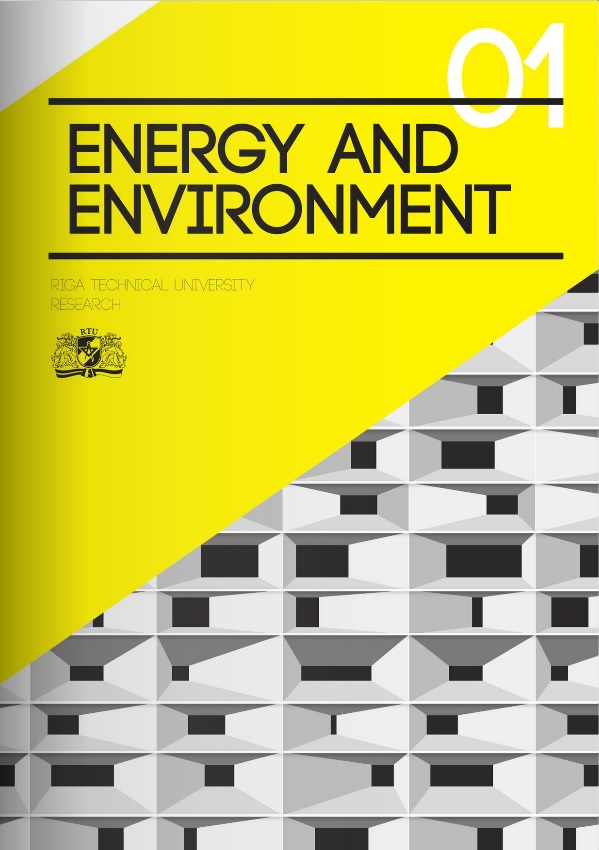 Nowadays life and economic activity are not imaginable without electricity, thermal energy, and transport fuel, and, respectively, power supply.
Nowadays life and economic activity are not imaginable without electricity, thermal energy, and transport fuel, and, respectively, power supply.
The economic development, growing population, and urbanization pose even greater challenges for power supply systems. Besides, being aware of the fact that the amount of non-renewable energy sources (oil, coal, natural gas a.o.) is gradually decreasing, sustainable power supply has become one of the main challenges.
Within research platform «Energy and environment», researchers of Riga Technical University develop technologies and solutions related to the following issues:
RTU researchers study and develop control, diagnostics, management, analysis and forecasting technologies and instruments for stable, qualitative, and optimal energy supply system performance. The diagnostics methods for power networks, transformers, and electric engines are being developed, as well as semi-conductor transformers for electric drive and combustion process control technologies in thermal energy production equipment.
In the field or renewable energy sources, the scientists research biofuel and biogas production methods and technologies, which allow using different kinds of bioenergy, wind and solar energy in power supply more effectively. As a result, new technologies are developed, which use the synergy between several power resources, for example, solar energy and wood pellet combined usage in heat supply. The industrial electronics technologies are a significant research field, there technologies are required for development of smart electric supply systems, as well as for broader renewable energy source technology usage in electric supply.
RTU develops energy efficiency technologies for electric and thermal energy production equipment, management systems, i.e., for power grids and their components, heat distribution networks, as well as end consumption sectors, industry, transport, households, etc. Taking into account the fact that a significant proportion of the state end consumption is constituted particularly by the building sector, active research takes place in the field of building energy efficiency, for example, heat insulation solutions, interior climate control and management technologies. Research in the field of industrial electronics allows one to decrease electric energy consumption in the industry and other sectors, for example, by developing smart lighting systems.
In order to decrease the negative impact of power supply on the environment, different climate technologies are being researched with the purpose to decrease the power supply generated emissions into air, water, and soil. Particular attention is paid to technologies and equipment decreasing the amount of gases causing the greenhouse effect, which simultaneously allows decreasing power equipment fuel gas emissions and increasing energy efficiency.
In order to determine the optimal combination and performance of energy system technologies, analysis and optimization methods and instruments are being developed. The mentioned modelling instruments are made also for particular power supply system elements, for example, power network systems, electric insulation materials, and electric engines, district heating systems, and thermal power engineering equipment. In many cases, the analysis instruments comprise not only technical aspects, but also the aspects of socio-economic and environmental impact to get a comprehensive system analysis results.
In order to determine the renewable power resource usage possibilities in power supply, heat supply, and transport systems, the possible synergy among these power supply systems is analysed, for example, wind power station produced electric energy usage in the centralized heat supply systems for heat production and in electric transport.